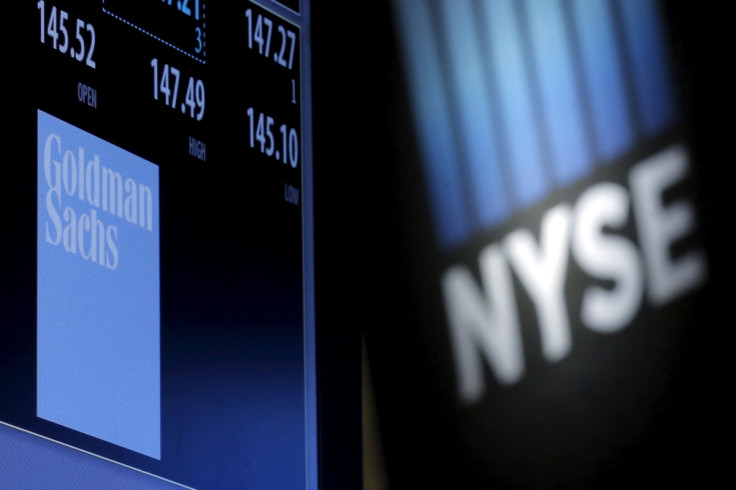US market close: Stocks close lower as investors await Fed meeting

US stocks ended lower on Monday 25 April but managed to pare down losses during the end of the session ahead of upcoming major central bank meetings and earnings. The energy sector led declines, while the defensive sectors lead gains.
The Dow Jones Industrial Average dropped 26.51 points, or 0.2%, to settle at 17,977.24. Earlier in the session, the blue chips were down by as much as 148 points, with Caterpillar Inc and Goldman Sachs Group Inc leading declines, MarketWatch reported. Meanwhile, the leading contributor to the average was McDonalds.
The S&P 500 declined 3.79 points, or 0.2%, settling at 2,087.79, with the energy and industrial sector leading declines. According to CNBC, consumer staples, telecoms and utilities were the top contributors to the index. Telecoms edged out energy as the best performing sector, while financials remains as the worst performing sector of the year-to-date.
Meanwhile, the Nasdaq Composite fell 10.44 points, or 0.2%, to 4,895.79 for its first three-day losing streak since 9 February.
"It's still pressure on equity prices as a consequence of really mixed earnings so far. The tech (sell-off Friday is) really on investors minds," Mark Luschini, chief investment strategist at Janney Montgomery Scott told CNBC. Luschini said there was some anxiety in the market ahead of Apple's earnings, which will be posted after the close on 26 April.
The Federal Open Market Committee is not expected to make changes to interest rates at its meeting on the 26 and 27 April. However, investors will evaluate the statement for any signs on a potential increase at the June meeting, CNBC reported. Craig Erlam, senior market analyst at Oanda, predicted: "I still believe we'll see two rate hikes from the Fed this year and the FOMC statement will confirm its intentions to do so. What the markets are looking for though is an idea of when we can expect them, with the June and December meetings looking the most likely."
Analysts also said that indications of rising inflation in the US may influence the Fed to adopt more hawkish language in its statement. "People will be keen to see if there's a switch in tone from the recent more doveish comments," Oliver Prusche, chief executive officer at Bruderman Brothers, told MarketWatch. "I would not be surprised if you saw something like 'we're holding off because of stuff that's going on internationally but the US economy is ready for a hike.'"
The Bank of Japan is expected to announce its policy decision later in the week.
The US dollar index dropped 0.3%, with the euro near $1.126 and the yen at 111.22 yen against the greenback. The dollar also slipped against the pound to $1.4477 following President Barack Obama's plea for Britain to remain in the European Union.
Treasury yields rose, with the 2-year yield near 0.83%—its highest since 29 March—and the 10-year yield at 1.9%—its highest since 28 March.
US crude oil futures settled $1.09, or 2.49%, lower to $42.64 a barrel. According to CNBC, the government of Saudi Arabia revealed its 15-year plan that included regulatory, budget and policy changes to help the kingdom become less reliant on crude. The kingdom's deputy crown prince also announced that less than 5% of state-owned Saudi Arabian Oil Co, known as Saudi Aramco, will be publicly offered, which will value the company between $2tn (£1.3bn) and $2.5tn (£1.7bn).
Overseas, markets in Asia and Europe closed lower. In Europe, stocks closed about half a percent lower or more, while in Asia, the Nikkei 225 dropped nearly 0.8%.
© Copyright IBTimes 2025. All rights reserved.






















